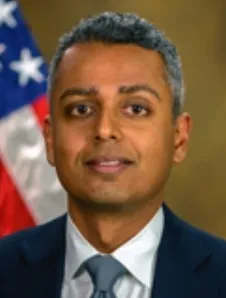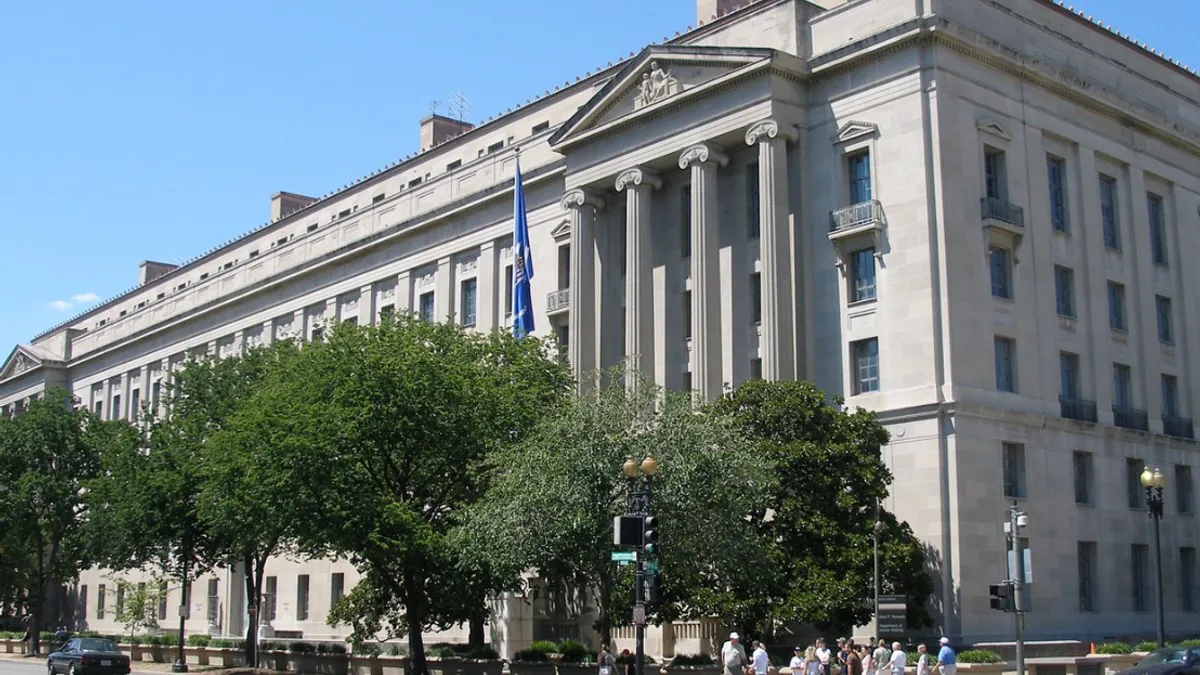Federal antitrust prosecutors have become better at sniffing out collusion so companies should come forward and seek leniency rather than risk having the book thrown at them when they’re caught, Deputy Assistant Attorney General Manish Kumar says.
“We are laser-focused on increasing the risk that cartel conduct will be detected,” the Department of Justice official said at Global Competition Review Live: Cartels 2023, a conference in Washington this week.
Kumar also said DOJ’s Antitrust Division is “pursuing proactive investigations at a pace not seen in decades.”
The division in 2019 started collaborating with the FBI and other federal law enforcement agencies and U.S. attorneys offices to extend its lines of sight into what companies are doing, Kumar said. It has also added data analysts so it can spot suspicious bid patterns and other red flags of collusion.

“Many of these efforts are not in public view,” he said.
The goal is to signal to executives that the chance of their company getting caught colluding with others has never been greater, so their best strategy is to come forward.
“We know it is a difficult decision to blow the whistle on a trading partner, even if it is the right thing to do,” he said.
Consistent with DOJ’s broader effort to encourage companies to self-report misconduct, Kumar said, antitrust prosecutors are prepared to give credit to cooperating companies and protect whistleblowers.
“We treat this information like we would if it came from any confidential human source that is assisting an investigation,” he said.
In any case, whistleblowers are protected under the Criminal Antitrust Anti-Retaliation Act, he said.
Executives hesitating to come forward can meet with prosecutors to learn how their information will be treated.
“We are happy to have off-the-record, anonymous conversations with complainants,” he said.
Collusion has been thrust in the spotlight in part because of companies’ efforts to exploit supply chain disruption from the pandemic, he said, so prosecutors want executives to come forward to be part of the solution.
“Upstream suppliers, downstream customers, distributors, retailers, and other types of market participants are uniquely positioned to detect cartel behavior in their respective industries,” he said. “You are likely to see red flags and indicia of collusion before we do, especially in your procurement departments.”
Ideally, as executives learn the chance of getting caught has increased, they’ll invest more of their compliance budget on antitrust matters. “Antitrust risk [should be] front and center when companies are deciding where to invest in compliance,” he said.
In return for their cooperation, executives can count on prosecutors treating their company better than they otherwise would.
“Cooperation in exchange for leniency” is the goal, he said.











